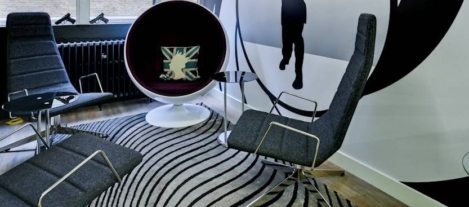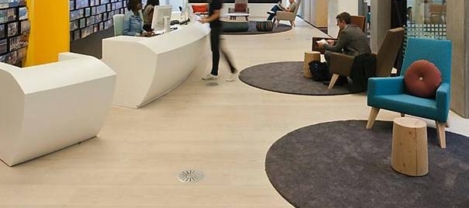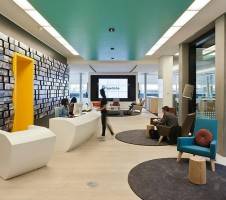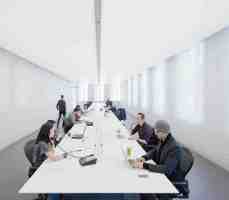December 16, 2015
OECD report calls on governments to do more to close the productivity gap 0
 The world that we see emerging is increasingly defined by a series of gaps. One of the growing distinctions between haves and have-nots in the global economy is identified in a new report from the OECD, which suggests that there is a technological and closely related productivity gap between the world’s most productive businesses and economies and everybody else. The authors of the study claim that workplace productivity is now both the key driver of economic growth and also the best way of addressing the most important challenges facing businesses and economies in the 21st Century including the environment, income disparities and changing demographics. They suggest that the productivity gap needs to be closed up with a range of policies that incentivise both firms and economies to better use the technology they have available, invest more in R&D, adopt new business models and innovate more effectively.
The world that we see emerging is increasingly defined by a series of gaps. One of the growing distinctions between haves and have-nots in the global economy is identified in a new report from the OECD, which suggests that there is a technological and closely related productivity gap between the world’s most productive businesses and economies and everybody else. The authors of the study claim that workplace productivity is now both the key driver of economic growth and also the best way of addressing the most important challenges facing businesses and economies in the 21st Century including the environment, income disparities and changing demographics. They suggest that the productivity gap needs to be closed up with a range of policies that incentivise both firms and economies to better use the technology they have available, invest more in R&D, adopt new business models and innovate more effectively.































December 21, 2015
From workplace wellness programmes to a positive workplace culture 0
by Mark Eltringham • Comment, Wellbeing, Workplace, Workplace design
(more…)